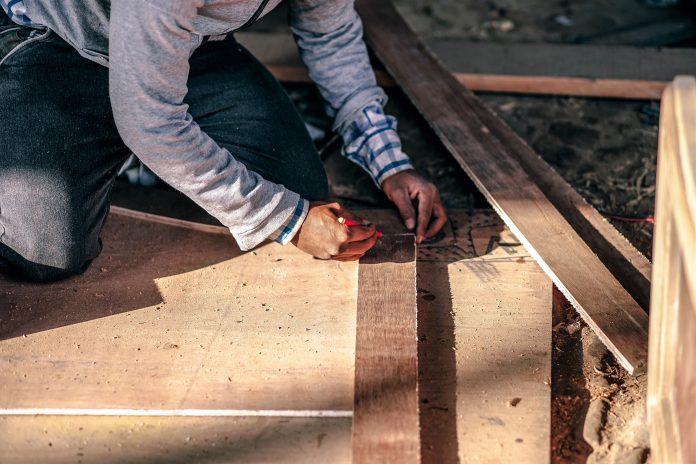If you’ve been working in construction or trained in a related trade, then at some stage you might feel you have the skills and experience to set up in business on your own. Perhaps you’ve always loved interior design, and you’ve undertaken or supervised personal remodeling projects, discovering a passion and flair for the work in the process.
Whatever is behind your desire to go at it alone in the building trades, it’s important that you understand what is involved in running a successful business, and what actions you need to take to lay the groundwork for your enterprise.
Finding your niche
If you peruse many of the marketing websites and books or sign up for the emails that marketing experts operate, you’ll inevitably come across the concept of selecting a niche. The reasoning behind choosing a niche for any business is that it:
- Focuses the expenditure of the business on a core strategy
- Creates an authority for your business
- Defines your target customers for precise and effective advertising
In terms of building-related businesses, this could be opting for specializing in the renovation of historical buildings or carrying out extensions. Rather than advertising yourself as a general builder or interior decorator, for instance, you set yourself up as the business to go to for a specific customer need, that need being one in which you excel.
Consolidating your knowledge
If you’ve worked as a carpenter or bricklayer or spent years decorating and doing DIY in your home, you may feel you have all the skills required for a business of your own. If you want to stick with being a sole practitioner of your art, then you probably do have lots of the practical skills you need, so you just need to work on becoming a savvy businessperson.
However, if you’re planning a business with employees and larger projects, you’ll also need to expand your existing knowledge to include all the other aspects of a building job that you’ll encounter in your niche. For example, potential customers wouldn’t be impressed if you claim to specialize in home extensions but don’t know what a casita is.
You don’t need to become an expert in all the other trades, but you do need to expand your working knowledge to enable you to create accurate estimates for clients and project manage each job effectively.
It’s now possible to study for further qualifications in a range of building-related subjects, both on campus and from anywhere in the world as a distance learner. Check out the programs available, such as construction management degrees and specialist trades courses, and see which would be of most interest to you and valuable for your future career. It’s always good to be able to demonstrate your expertise in a field and proof of your accomplishments, which a recognized qualification will do very well.
There are good prospects for building related businesses, with an increase in both house building and remodeling projects, so it’s a good time to use your skills to set up a business in this expanding sector.
Find a Home-Based Business to Start-Up >>> Hundreds of Business Listings.

















































